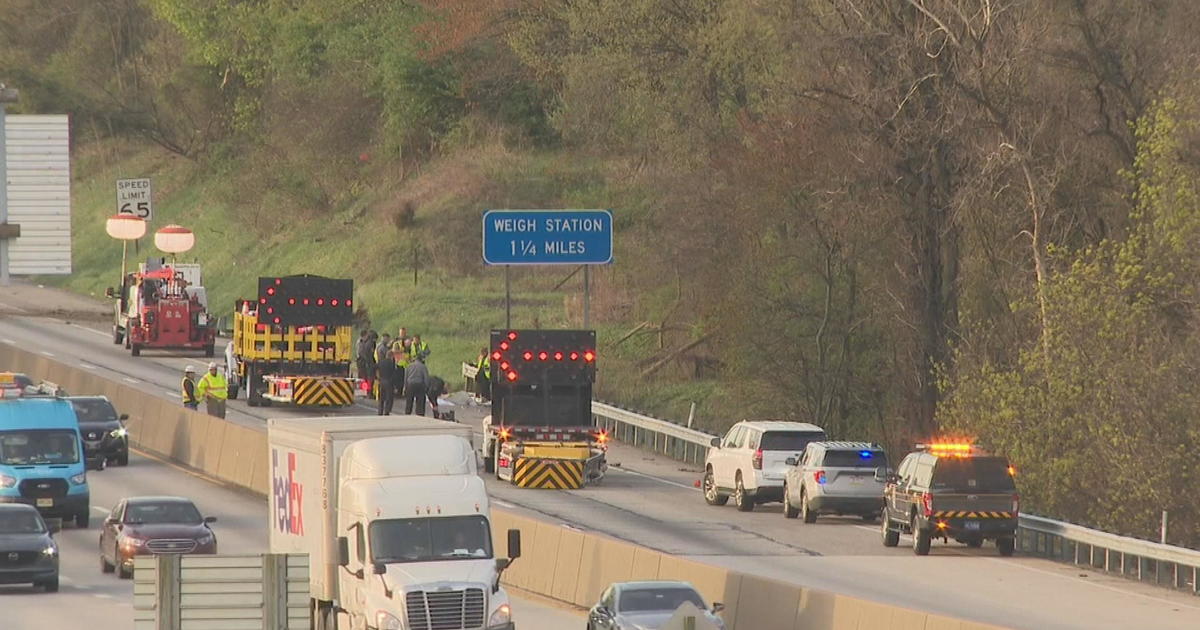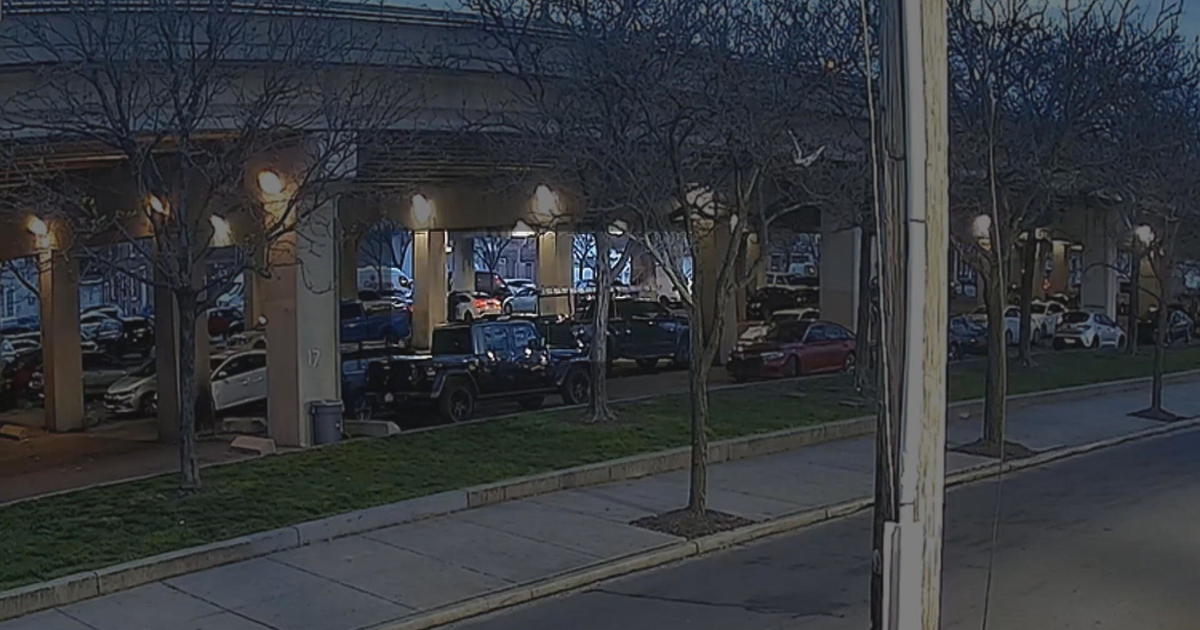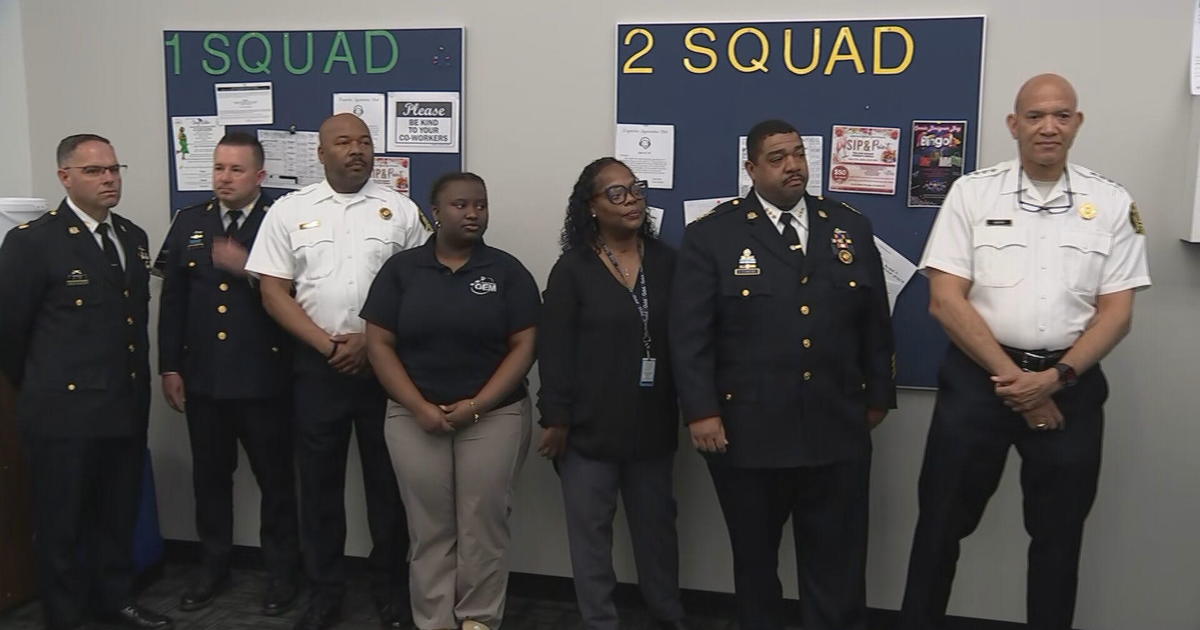Passing Counterfeit Money
By Amy E. Feldman
PHILADELPHIA (CBS) - You know that moment when you hand a salesperson a big bill and she uses that marker to make sure it's not counterfeit? What happens if it is?
State police arrested a man in western Pennsylvania in November for forgery and theft by deception after he tried to pass off counterfeit $20 bills at a yard sale. Really? You're committing a crime to buy used junk at a yard sale? This guy wasn't just uncouth, he was also unlucky.
The woman having the yard sale was a bank teller.
It may not have taken a bank teller to figure out the money was fake. He'd printed it on resume paper. But, assuming you didn't print the money or know about the counterfeiting, sometimes the counterfeit money isn't so easy to spot.
So what happens?
If you have a bill in your possession that turns out to be counterfeit, when a store discovers it's a counterfeit, it's supposed to keep the money (give you nothing for it, since it has no value) and send it to the Secret Service. So you're out the cash even if you had no idea it was fake.
Once you're told it's a counterfeit, if you get it back and then try to use it at a store with a less savvy cashier, you are violating federal law by attempting to pass a bill you know is counterfeit.
You can check for counterfeit money by holding it up to the light to see the watermark, also look for red and blue fibers running through the bill and look for a security thread running from top to bottom of the bill.
And, of course, make sure it doesn't say: references available upon request.



